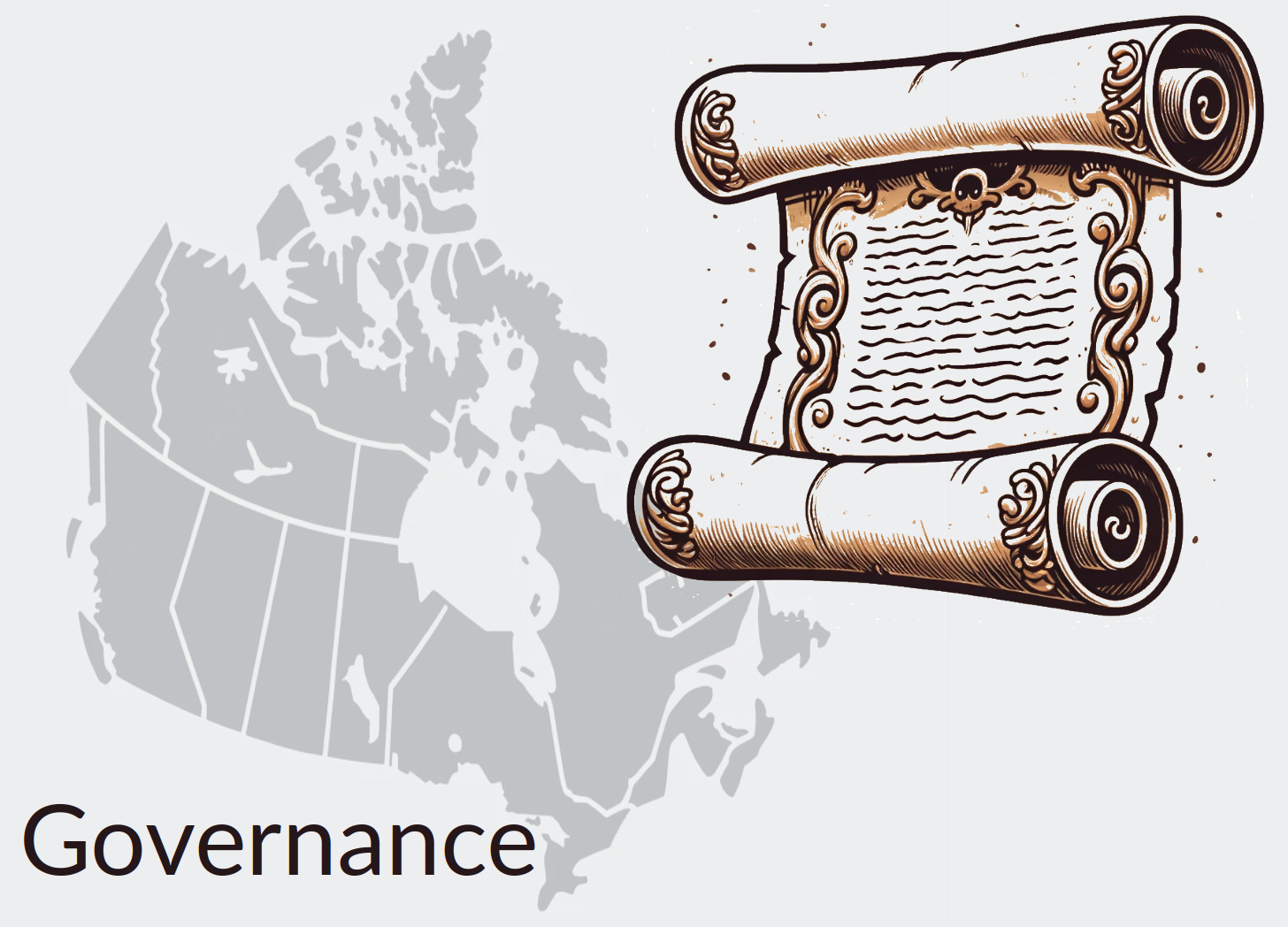What Elon Musk's DOGE Boys Teach Us About Canadian Governance
Some time back, I boldly asserted that an all-of-government program review aimed at cutting whatever can’t be justified might not be so difficult:
AI-driven insights can probably speed up early steps of the review process. For instance, before you even book your first meeting with the dreaded Assistant Deputy Minister, feed the department’s program spending and outcomes data to an AI model and tell it to look for evidence-based inefficiencies and redundancy. The results can set the agenda for the conversation you eventually do have.
Both before and after that post appeared, The Audit subscribers with significant real-world experience generously shared valuable thoughts. Given the way things really work inside government, I was cautioned to adjust “not too difficult” to instead read “long and painful”. It was obvious that those thoughts contained plenty of wisdom.
But perhaps, on some level, I wasn’t so far off the mark. Since taking office in the U.S. a few weeks back, the Trump administration has taken my “AI-driven insights” idea and put it on steroids.
As far as I can tell from a distance, DOGE engineers - and allied independent analysts - are integrating AI tools in their analyses of vast (and overlapping) government datasets. My guess is that they’re using those tools to identify anomalies indicating fraudulent or wasteful spending that match sophisticated metrics.
You can agree or disagree with the specific set of standards they’re applying, but it would be hard to rise up in support of fraud and waste!
While I might one day turn out to have bet on the wrong horse here, right now I’m thinking that DOGE has permanently rewritten the rules on public accountability. The claim that “diving into such complicated and politically fraught financial records just isn’t worth the effort” simply isn’t true any more. The necessary effort involved has dropped like a rock, and the records themselves don’t look nearly so complicated as they once did.
At this point, any government at any level that isn’t adopting some flavour of AI-driven oversight is at the very least incompetent, and at worst signaling that they’re cool with corruption.
Nevertheless, it’s worthwhile thinking about what is and what isn’t transferable from the model they’re building down in Washington.
What’s different
Canadian prime ministers don’t have anything like the discretionary power of a U.S. president. A new federal oversight program would probably require the authority of Parliament, and applying recommended changes at scale likely wouldn’t work without formal legislation.
A lot of the crazy spending they’re discovering in the U.S. seems to involve simple cash outlays. Stopping such spending is a straightforward matter of suspending the authorization. But I suspect that most of the savings you’d discover here in Canada would involve labour-heavy programs which would require very different handling. (Although the layoffs in the U.S. are also looking pretty deep.)
What’s the same
The power of well-designed software to identify subtle and complicated financial relationships will be at least as useful here as it is down south. I’ve already written about how easy it is to move government money through multiple nested layers of NGOs and charities. And I’ve barely scratched the surface.
Similarly, government financial reporting containing poor documentation should set off just as many alarms in Ottawa as in Washington. As I’ve already noted, 9,150 individuals with North American Indigenous origins in Yukon were said to have received $1.05 billion1 in income support within a single year - a rate of $114,987 per person. Either we’ve been robbed, or federal bureaucrats just can’t be bothered to report what they’re really doing with our money.
Once upon a time, the manpower needed to track down individual incidents of waste meant it wasn’t cost-effective to go after items that didn’t contain long rows of zeroes. But well-written software can now effortlessly scoop up unlimited $50,000, $5,000, and even $500 items without breaking into a sweat. Add those up, and you’ll start seeing real progress - even if you’re working in Canadian dollars.



The analyses you're suggesting must be accomplished by those with the clearly established legal authority to do so, within clearly established legal bounds.
So sorry, but the DOGE renegades have neither.
We likely have as many government funded NGOs (more properly GOs) as the US. None of these should ever get a nickel from government.